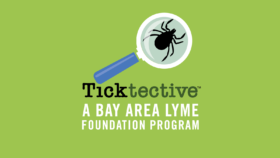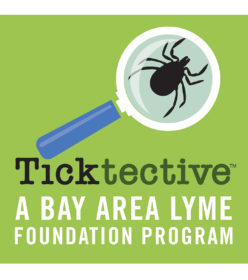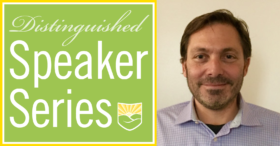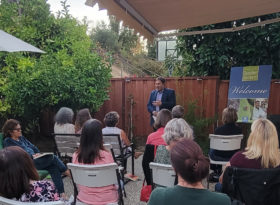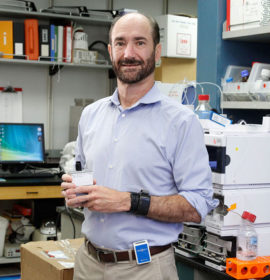Ticktective Podcast Transcript
In this episode of Ticktective™, Dana Parish talks with Raina MacIntyre (MBBS Hons 1, M App Epid, PhD, FRACP, FAFPHM) about how lab safety lapses are still leading to frequent undocumented lab leaks, her concerns over Long Covid and the ongoing dangers of the pandemic, and how public health agencies use information warfare to keep everyone in the dark about what is happening at the forefront of biomedical investigations, especially in the field of experimental gain of function research. Raina MacIntyre is Head of the Biosecurity Program, Kirby Institute, University of New South Wales (UNSW), Australia, and author of Dark Winter. She has over 450 peer-reviewed publications, has received many awards including the Sir. Henry Wellcome Medal from the Association of Military Surgeons of the US and is a member of the WHO COVID-19 Vaccine Composition Technical Advisory Group and WHO Smallpox and monkeypox working group.
Dana Parish: Welcome to the Ticktective podcast, a program of the Bay Area Lyme Foundation, where our mission is to make Lyme disease easy to diagnose and simple to cure. I’m your host Dana Parish, and I’m the co-author of the book Chronic and I sit on the advisory board of Bay Area Lyme Foundation. This program offers insightful interviews with scientists, clinicians, patients, and other interesting people. We’re a nonprofit based in Silicon Valley, and thanks to a generous grant that covers a hundred percent of our overhead, all of your donations go directly to our research and prevention programs. For more information about Lyme disease, please visit us@bayarealyme.org.
Dana Parish: Hi, I’m Dana Parish and I’m thrilled today to welcome Dr. Raina McIntyre. Let me tell you a little bit about her. Raina McIntyre, MBBS is head of the Biosecurity program, Kirby Institute, UNSW. She leads research on prevention of epidemic infections, including EPI watch, an AI-driven early warning system for serious outbreaks. She has over 450 peer reviewed publications. She’s received many awards including the SIR Henry Welcome Medal from the Association of Military Surgeons of the US. She was on a US National Academies of Science Engineering Medicine Pandemic Consensus Committee, and she’s a member of W’S Covid 19 Vaccine Composition Technical Advisory Group and WHO Smallpox and Monkeypox Working Group. Has written over 450 publications and I am really pleased to have met you through this new nonprofit that we’re both a part of called BiosafetyNow.org. You know, it’s an honor to be able to learn from you and meet you, and I’d love to talk a little bit about your background and what it means to be a biosecurity expert and an MD and a PhD in your area of expertise.
Raina MacIntyre: I started my career as a medical doctor and I was going to be a cardiologist because I’d done a lot of cardiology, in my specialist physician training and wanted to do cardiology. But I was also interested in epidemiology. I saw an ad for this Master of Applied Epidemiology, which is the Australian Field Epidemiology Training Program, which is a type of hands-on training in outbreak investigation that was pioneered by the US CDC called the Epidemic Intelligence Services. And in some countries when you do it, you get a degree. So, I decided to do that degree and it was quite life-changing for me because it was a new way of learning where you do just short bursts of classroom learning, but then you go out in the field, you investigate outbreaks and you apply the learning that you had in the classroom to practical problems in the field where you’re investigating outbreaks, trying to work out: What is this? Where did it start? How can it be stopped?

